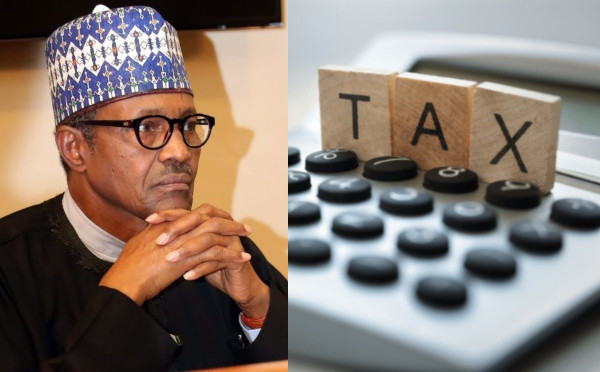Taiwo Oyedele, Fiscal Policy Partner and Africa Tax Leader at PwC, has revealed that the Federal Government disburses more than it retains from Value Added Taxes in Nigeria. He also added that some states that contribute a lot receive less than they bring to the VAT table.
Oyedele disclosed this in an interview with Nigeria Info FM, following the VAT controversy between states and the Federal Government.
On the matter of who is meant to collect VAT, Oyedele said, “The Federal High Court says within the states, any consumption tax is a tax for the states to collect.”
He added that the aspect that needs to be considered is what it means in practical terms. “These goods and services are consumed within a state, also relate to interstate transactions, and intranational transactions,” he said.
“In 2020, FIRS collected about N1.53 trillion from VAT, over 50% of that they got from import VAT and international services,” he revealed. “That in itself is not within the jurisdiction of any state.
“In addition, the FCT collected about N202 billion. Remember all FG contracts are situated at the FCT, so if you put FCT VAT plus import VAT and international services, it’s more than 60% of VAT collected,” he added.
Oyedele said that states and local government areas collected about 85%, as the Federal Government is giving more to states in terms of VAT because they are contributing about 60% and retaining only 15%, giving the rest to the states and local governments.
“The second point is that, as we share between the states, so there are states who believe they contribute a lot more than they are getting from the pool. From the VAT pool, 20% is shared based on derivation and 50% based on equality, and then 30% is shared based on population. These other factors are not seen to be equitable and fair and this is where states like Lagos and Rivers are coming from,” he added.
He stated that the VAT debacle should ideally be resolved based on what the law says but noted that there was a gap in the 1999 constitution as regards how VAT should be collected recalling that the military administration which created the VAT by decree in 1993 designed for it to be centrally collected and shared among the states.
“In 1993, a decision was made to introduce VAT and it was concluded that we couldn’t have VAT and sales tax because they are similar. So, we needed to repeal our sales tax laws and replace with VAT; and the design of the VAT was let’s collect it centrally and share it to states and local governments.
Now, remember that the 1993 decree that created the VAT predates the 1999 constitution. So, in other words, as at 1999 when we were trying to get a constitution, we already had VAT and it was being implemented. So why didn’t somebody think about writing it clearly in the constitution as to how we wanted it to be collected? But they left a gap,” he explained.
Oyedele advised that “Nigeria needs to figure out what format of VAT would work for us,” stating that if states start to collect VAT, confusion would arise with where remittance should be made for businesses that operate and generate revenue from multiple states while having their headquarters in a state such as Lagos. He cited the example of MTN which operates nationwide but remits VAT in Lagos state where it has its headquarters, even though the VAT wasn’t generated from Lagos state alone.
“In the USA, sales tax is collected by states. In Canada, VAT is collected by both federal and states. Personal Income Tax in Nigeria is collected by the states. In the U.S, it is shared between the federal and states. So, there is no format or structure of fiscal federalism that works for every country.
“Nigeria needs to develop the format that works best for our situation. I do not think that the format is where states are collecting VAT individually,” he stated.




